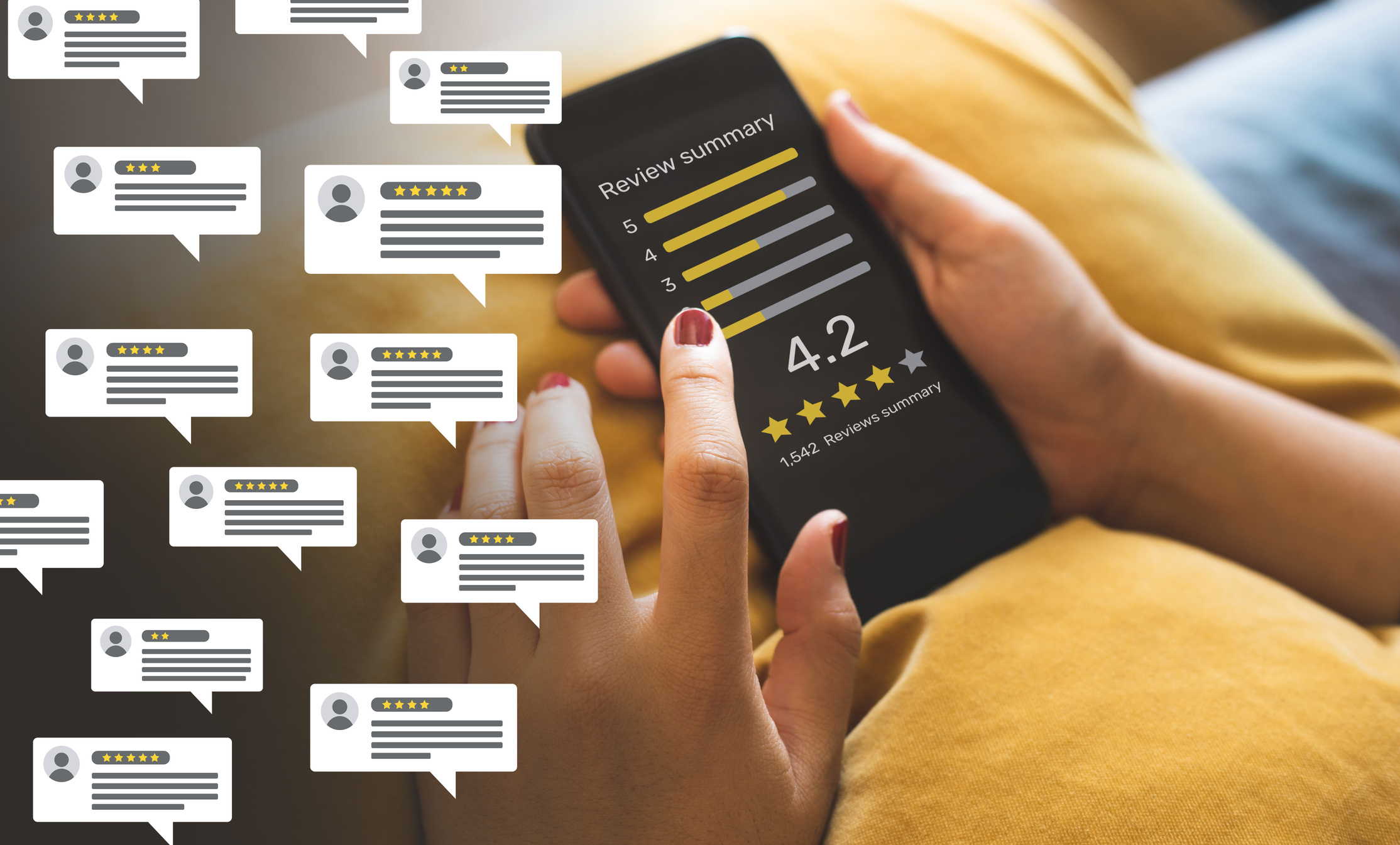As Hard as It Is, Don’t Hit Reply
For consumer-facing law firms, getting a bad review on Yelp or Avvo from an angry client can be an upsetting experience. No one wants to leave a client unhappy, and firms are right to worry that the public display of dissatisfaction may damage their reputations and turn off potential clients. According to BrightLocal’s consumer review survey, in 2020, 87% of consumers read reviews before choosing a local business — a 6% increase from 2019.
Because reviews are so important to your firm’s image, it’s natural to get hot under the collar when you see a negative one, especially if the review mischaracterizes an interaction that went poorly. But responding publicly to the review may not be in your firm’s best interests, and it may cross ethics lines, according to the ABA.
The ABA Model Rule of Professional Conduct 1.6(a) provides that a lawyer must not reveal information related to a client’s case unless the law authorized the disclosure, the client gives informed consent or if an exception applies.
This rule safeguards lawyers from a host of problems. Trigger-happy attorneys have landed in hot water over responses to bad online reviews. It can happen before you know it. Your eyes spot a scathing critique of your firm. Your blood is boiling. Your fingers are locked and loaded. Before you know it, you’re firing off something like:
“Jane Doe can’t back up anything she claims. I spent a lot of hours defending her against drunk driving charges. Jane paid me with a $9,000.00 rubber check. Her criminal conduct and lies speak for themselves.”
It may feel good to speak up for yourself, but you’ve just revealed your client’s identity and case information for the world to see. Although Rule 1.6(b)(5) allows exceptions, this reply probably wouldn’t qualify and could create problems for your firm.
As difficult as it may be, the best response may be no response at all. It’s easy to lose control of a thread once you reply. Your response may trigger an avalanche of subsequent replies. Threads with many replies are featured more prominently on the review page, which will only draw further attention to the unfortunate situation. So what can you do?
Stay calm. Don’t overreact. Getting defensive will make you look unapologetic, weak, and unsympathetic to the views of others. It can create a bigger PR problem than the original review.
Respond professionally. Post a sensible reply that explains the ethical limitations. Invite the reviewer to have a conversation with you offline. You can write, “Professional obligations do not allow me to discuss confidential client matters publicly. Please call my office so that we can discuss your concerns.” Be respectful and offer to help. If the negative review is rude or personal, your professionalism will stand in contrast, and potential clients will take note.
Be agreeable. If the reviewer doesn’t contact you, pick up the phone and get the ball rolling. Hear the person out. Address their concerns. The reviewer may agree to delete the bad review or update it.
Get good reviews. You have happy clients. Get them to toot your horn. Encourage your satisfied clients to write good reviews about how much they enjoyed working with your firm. Eventually, you will have enough positive endorsements to drown out the bad review.
Lawyers are good at advocating for their clients, and it makes sense they would show the same fierce loyalty to the good name of their firm. But following ABA’s rule 1.6 will ensure that you never inadvertently reveal confidential client information — and that you stay out of comment wars online.

